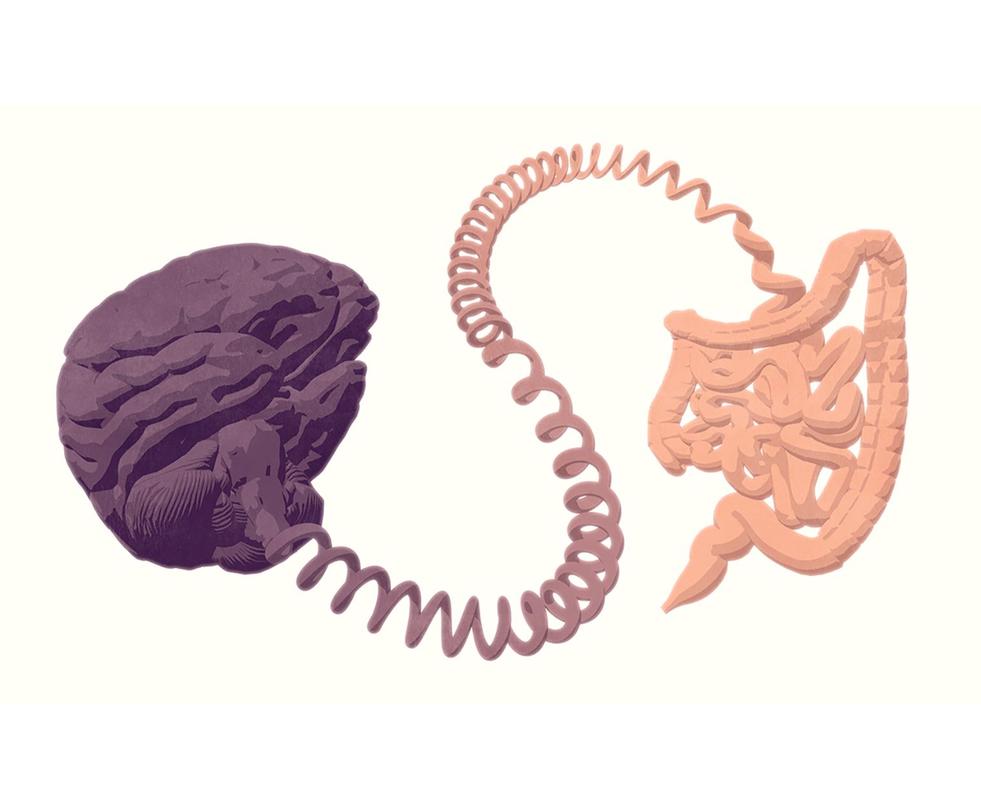The Rome Foundation Global Epidemiology Study, is the first large-scale international trial about the prevalence and impact of 'diseases of gut-brain interaction' (DGBIs). The trial shows that more than 40 per cent of all people worldwide suffer from one of these disorders.
38 per cent of Belgians
In Belgium 38 per cent of the adult population suffers from one or more of these disorders. Chronic constipation is prevalent in 11 per cent of the adult Belgian population, 5 per cent suffers from chronic stomach problems (dyspepsia) and just over 3 per cent shows symptoms of irritable bowel syndrome. DGBIs are significantly more prevalent in women than in men. They result in a strong decrease in quality of life and an increase in the number of doctor's consultations.
The results of the trial will have a big impact on insights in these disorders, for example the connection between gender, culture, age, nutrition and psychosocial factors. They can also lead to a better understanding of the impact on the quality of life and the pressure on the healthcare system.
The findings in Belgium confirm the need for creating more awareness for these disordersProf. dr. Jan Tack, President of the Rome Foundation, principal investigator for the trial in Belgium and head of the gastroenterology and hepatology department in UZ Leuven
Need for awareness
“The trial provides reliable data about the impact of DGBIs in Belgium and how that impact relates to other countries. The Belgian findings confirm the need for creating more awareness for these disorders and they are extremely relevant for clinicians and policy makers", according to prof. dr. Jan Tack, President of the Rome Foundation, principal investigator in Belgium and head of the gastroenterology and hepatology department in UZ Leuven.
First publication
The initial idea for the trial originated ten years ago and the first paper will shortly be published in the prestigious journal Gastroenterology. “That it has taken ten years to come to the first publication, shows the complexity of the trial. But it will certainly not be the last paper. The depth of the database with more than 73,000 respondents from 33 countries will give rise to numerous new analyses and publications. Very soon, we're planning a publication that will give a detailed description of the Belgian data, including regional differences", Prof. Tack says.
About the Rome Foundation
Over the last 30 years, the Rome Foundation has sought to legitimise and update our knowledge of the DGBIs. This has been accomplished by bringing together scientists and clinicians from around the world to classify and critically appraise the science of gastrointestinal function and dysfunction. This knowledge permits clinical scientists to make recommendations for diagnosis and treatment that can be applied in research and clinical practice. These recommendations are passed on through the publications of the organisation and find its reflection in the diagnostic criteria of the Rome Foundation.
